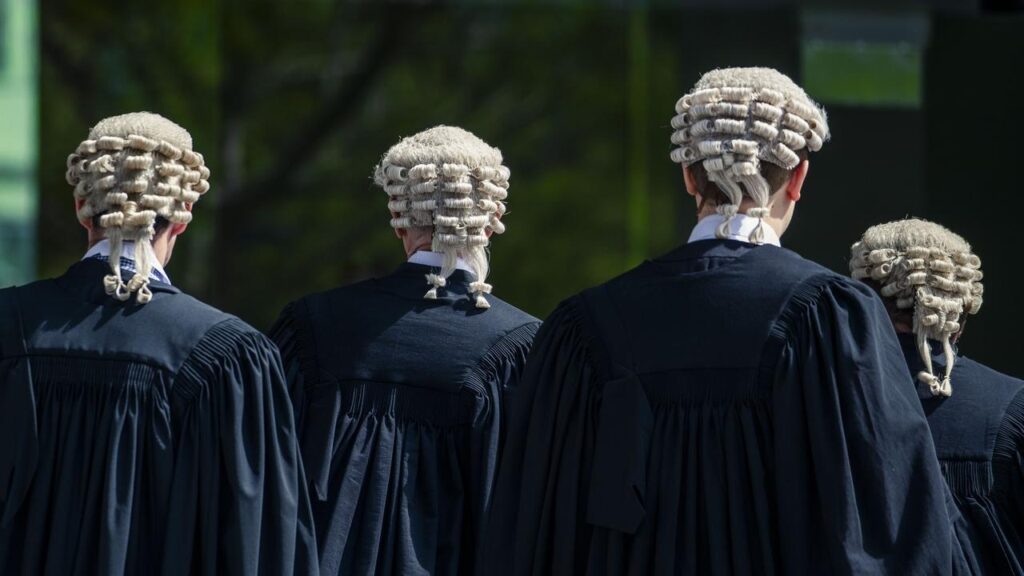Legal system veil of silence ‘another form of trauma’
Maeve Bannister |

Women are being silenced by legal systems and procedures as survivors of domestic and sexual violence face non-disclosure agreements and defamation threats.
Advocates say Australia must improve systems to support survivors of abuse and take part in a cultural conversation about domestic and sexual violence.
International human rights barrister Jennifer Robinson has seen first-hand the impacts of non-disclosure agreements (NDAs) often used to silence victims of harassment and abuse.
In 2020, she represented Amber Heard during defamation proceedings brought against the actor in the UK by her ex-husband Johnny Depp, which he lost.
Ms Robinson recently released her first book How Many More Women, co-written by Keio Yoshida, which explores how Australia’s legal system disadvantages women.
“It’s really important to acknowledge the harm that’s caused because it’s another form of trauma to be silenced about your experience,” she told an event supporting Women’s Community Shelters.
“We know that women not being able to express themselves has long-term health impacts.”
Advocates have been calling for law reform to ensure NDAs are not being misused, particularly in workplace sexual harassment and discrimination settlements.
But Ms Robinson said a lack of understanding remains about the breadth of the issue of violence and harassment against women in Australia.
“We cannot begin to grapple with violence against women, if we can’t talk about it and we don’t know the extent of the problem,” she said.
“How do we make policy? How do we properly fund that policy? How do we understand law reform and what’s needed if we don’t understand the extent of the problem?
“The system is inherently stacked against women.”

According to UN Women, one in three women will suffer some form of gender-based violence in their lifetime.
But one in two women are turned away from shelters with no beds available, often with children in tow.
Abuse and homelessness impacts every element of a woman’s life including their health, education, relationships and future prospects, Women’s Community Shelters chief executive Annabelle Daniel said.
“It’s not just a series of random incidents that happen one after the other, it is a pattern of abuse and behaviour that underpins just about all of domestic and family violence,” she said.
“There’s a very strong nexus between the use of coercive control and domestic homicide.”
Ms Daniel has been campaigning for law reform to outlaw coercive control, a form of abuse where perpetrators display a pattern of manipulative behaviour designed to intimidate and isolate the victim.
Only NSW and Queensland have criminalised coercive control specifically, with maximum penalties of seven years and 14 years respectively.

But Ms Daniel said more reform was needed in the family courts to ensure women and children were not being prevented from speaking out about their experiences.
“So many of the women that we support are terrified of speaking out because the Family Law Act in Australia functions, essentially, like a super injunction,” she said.
“There are very, very powerful silencing mechanisms that keep women separated, that keep them from collectively sharing their stories and also, at times, from drawing strength from one another’s experiences.”
1800 RESPECT (1800 737 732)
Lifeline 13 11 14
AAP